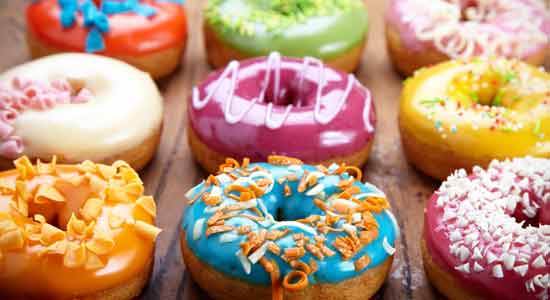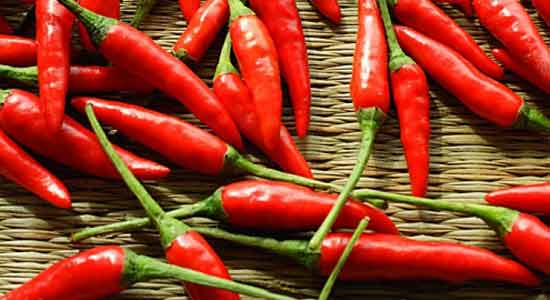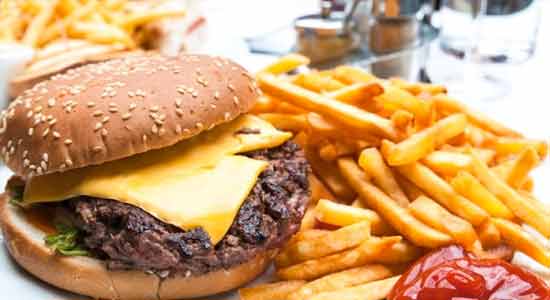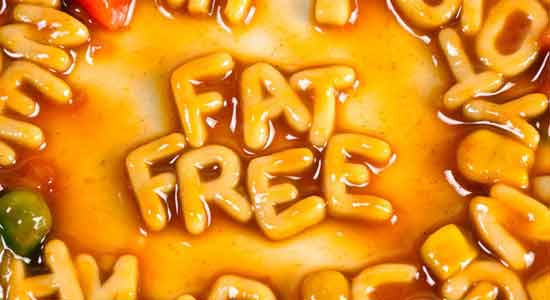
Avoid these Foods During Menopause!
Your diet can have a huge impact on your experience with menopause. Symptoms such as weight gain, hot flashes, fatigue, bloating and mood swings can be aggravated by consuming the following foods.
1. Caffeine

A recent study conducted by Mayo Clinic suggests a link between caffeine consumption and bothersome vasomotor symptoms (symptoms related to the diameter of blood vessels in the body) such as hot flashes and night sweats. This association was not witnessed in premenopausal or peri menopausal women. If you find yourself experiencing such symptoms, it may be helpful to cut back on caffeine, especially at night, and find alternative ways to boost your energy, such as getting sufficient sleep or going for a brisk walk.
2. Processed Foods

Processed foods may be convenient, but they are usually loaded with salt and added sugars. Both of these can cause your body to retain water, resulting in bloating. Too much salt in the diet can also lead to high blood pressure while too much sugar can aggravate fatigue and mood swings as sharp rises in blood glucose levels after eating are immediately followed by sharp dips, which can leave you feeling drained. This does not mean, however, that you should eliminate sugar from your diet entirely. Cut down on refined sugars, like those found in cookies and cakes, but continue to eat natural sugars in healthy amounts.
3. Spicy Foods

Like caffeine, spicy foods are also known to trigger vasomotor symptoms. Everyday health recommends using milder spices like cumin curry, basil and turmeric which add flavor to food, without supplying extra heat.
4. High-fat Foods

Trans and saturated fats boost cholesterol levels and increase the risk of heart disease, a condition, which menopausal women are already at a greater risk of developing. Eating high quantity of unhealthy fats results in weight gain which can also worsen the menopausal symptoms.
Common sources of saturated fats include fatty meats, whole milk, cheese and ice cream. Fatty meats are also known to lower the levels of the feel-good hormone, serotonin in the body. This can aggravate symptoms of frustration, irritability and fatigue. Try opting for leaner meats like chicken and ground beef instead of greasy marbled cuts. Trans-fats are found in vegetable oils, baked goods and margarine.
5. Fat-free Foods

Fat-free foods, which are becoming increasingly easily available in the market, may seem like a convenient way to continue eating your favorite foods, without the guilt. However, fat-free or reduced fat foods are a bad idea for postmenopausal women. Such foods actually increase your risk of developing heart disease by keeping you from eating some of the healthy fats that are needed to combat it. In addition, these foods may contain harmful chemicals and can actually cause you to gain in sugar, the calories you may be losing in fat, which is not beneficial when it comes to weight control or overall health.
Minimally processed, plant-based sources of fats such as nuts and avocadoes are generally the best way to go.
6. Carbonated Beverages and Acidic Foods

It is important for menopausal women to obtain sufficient quantities of the minerals, calcium and magnesium for bone formation and reducing their risk of developing osteoporosis. High amounts of phosphorus, found in fizzy drinks, red meat and some processed foods should be avoided as phosphorus accelerates the loss of these minerals from bones.

